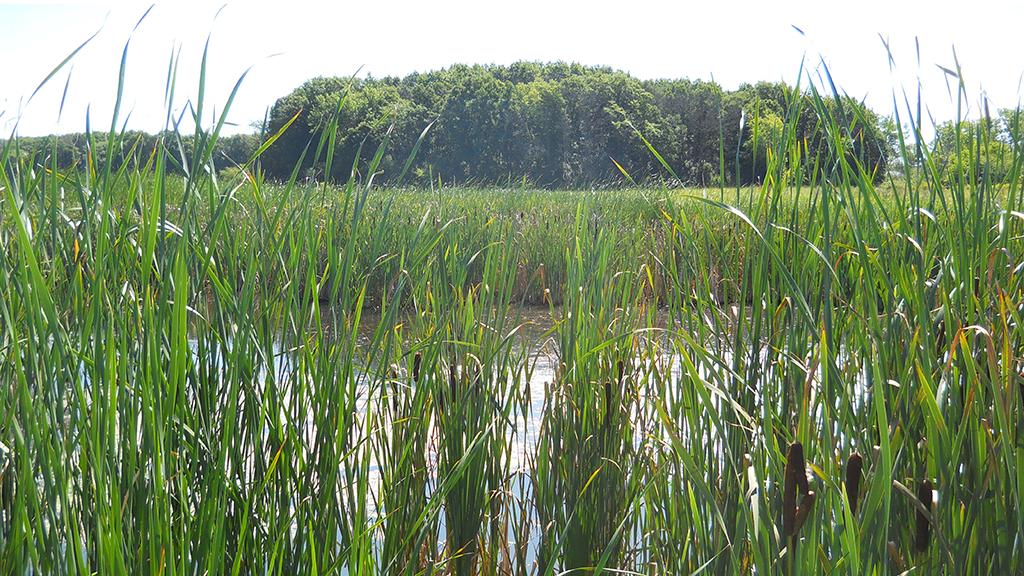Abstract
This case study follows two beginning undergraduate researchers on a quest for a summer research project related to food web ecology. While writing their research proposal, the students receive feedback indicating that they have neglected an entire group of organisms from their food web—parasites, which leads them to a scientific research paper discussing how these organisms have been overlooked by scientists studying food webs, the challenges involved with including parasites in food webs, and the contributions parasites ultimately make to food webs. An integrated activity in which students visualize the food web using images of organisms and answer questions about species interactions provides opportunities to examine key concepts such as omnivory, ontogenetic diet changes, trophic levels, complex life cycles, and taxonomic aggregation. This case study was originally written for an undergraduate general ecology course, but could easily be adapted to undergraduate general biology courses covering community ecology or specific courses in invertebrate zoology, parasitology, or disease ecology. The teaching notes also discuss how the included code for R statistical computing software can be used to extend the case study in a more quantitative direction if desired.



